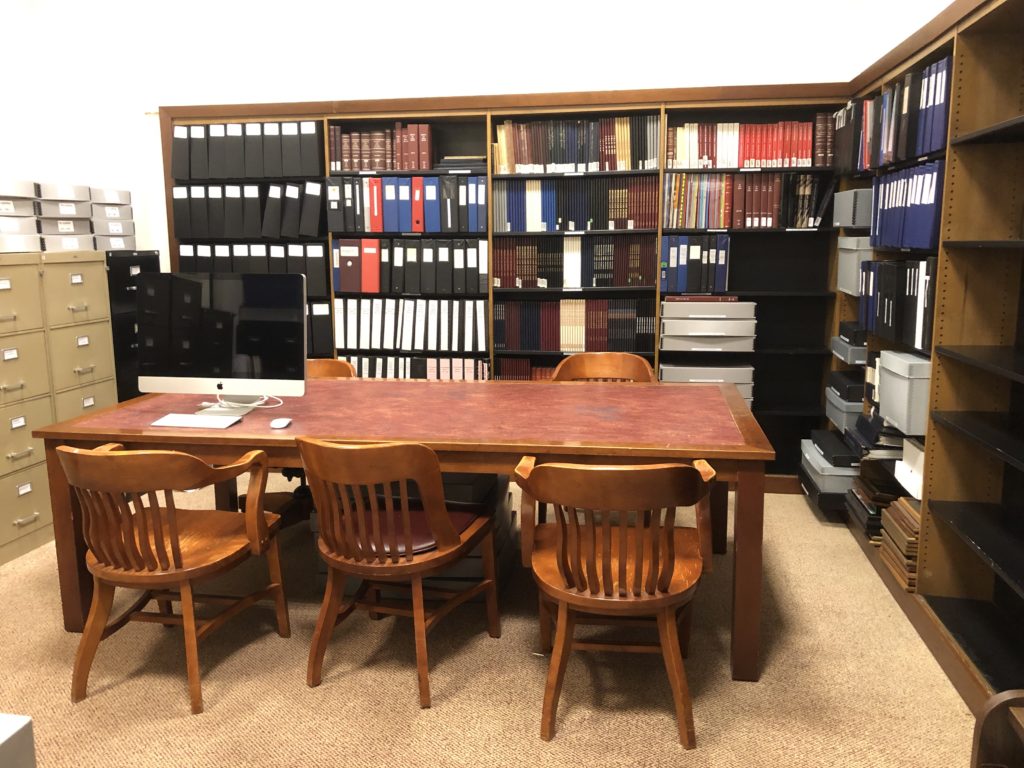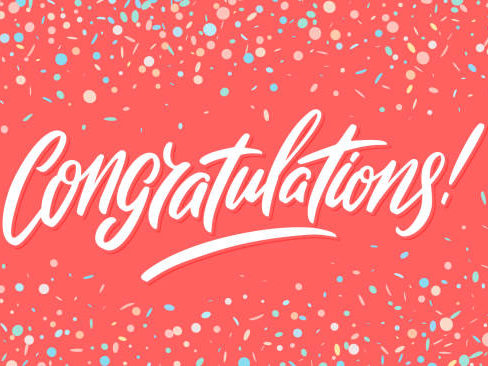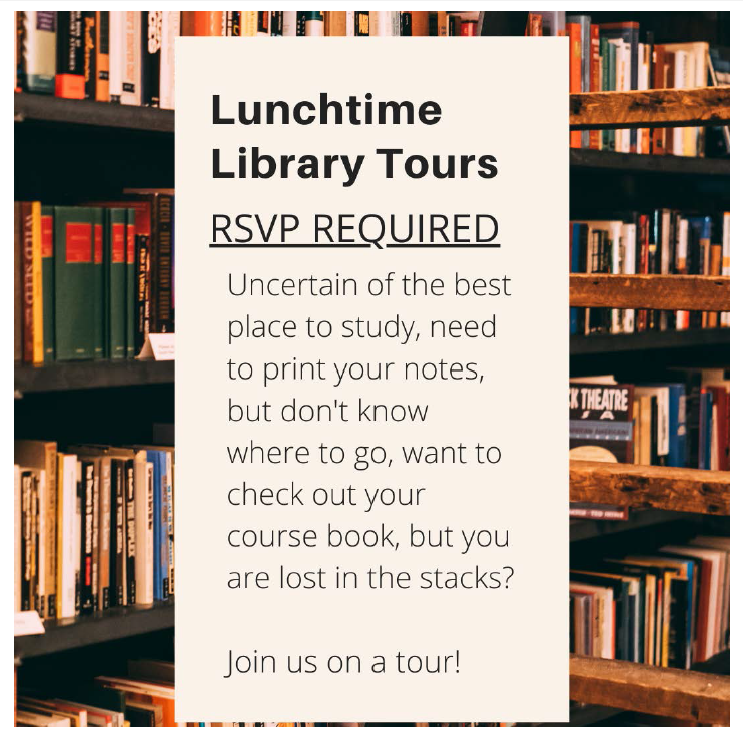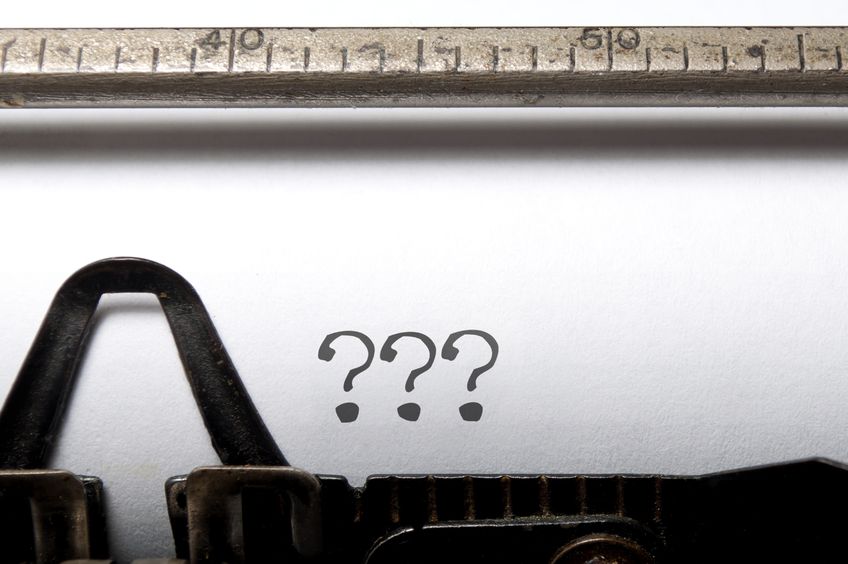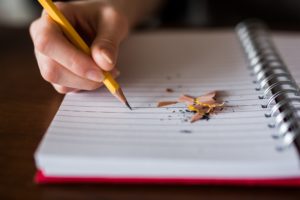The Brooklyn Law School Fellows this year were Hannah Freeman of Pratt’s School of Information and Grace Wagner Wilson of Long Island University’s Palmer School of Library & Information Science. Hannah and Grace provided invaluable service to the library assisting patrons at the circulation desk and working on special projects. Both Hannah and Grace worked in the archives, which was recently hastily moved to a new space because of a flood. As a result, the collection was in disarray. They restored the library’s archival collection to its original order, making it easily accessible to researchers. In addition, Hannah worked on preserving fragile archival materials and identified future steps the Library can make to ensure the collection is preserved. Lastly, Hannah created a digital collection on the Internet Archives of the law school’s yearbooks. Grace, who previously practiced trusts and estates law, created a detailed research guide on wills, trusts, and estates for Brooklyn Law School students and faculty. The guide identifies casebooks, study aids, treatises, news sources, key primary sources and student writing competitions on wills, trusts and estate law. We thank them both for all their help and are looking forward to continuing this program in September.
Author Archives: Kathy Darvil
Summer & Graduate Access To Westlaw, Lexis, & Bloomberg
Congratulations, you made it! You finished finals, and we, at the Library, hope you are looking forward to your summer employment. This summer, if you need to use Westlaw, Lexis or Bloomberg, you can! Summer access to these platforms is automatic and you can use them for both schoolwork and your summer employment. *There is a caveat for Westlaw. You cannot use Westlaw in situations where you are billing a client. Examples of permissible uses for your academic password include the following:
- Summer coursework
- Research assistant assignments
- Law Review or Journal research
- Moot Court research
- Non-Profit work
- Clinical work
- Externship sponsored by the school
Graduate Access
Graduates have extended access to these platforms for a limited time. You can access Bloomberg Law six months after graduation. As for Lexis, the Graduate Program gives extended access to Lexis+ to spring graduates via their law school IDs through December 31, 2023. This grants them access to the Graduate Home Page and gives them a graduation gift. The transition from a regular law school ID to a graduate ID happens on July 10, 2023. Lastly, because Brooklyn Law School participates in Westlaw’s Grad Elite program, you have access to Westlaw for 18 months after graduation. Listed below are details for how to register for the program and what is included in it.
Westlaw’s Grad Elite Program Details:
You can use Thomson Reuters products, including Westlaw and Practical Law, for 18-months after graduation. Your “Grad Elite” access gives you 60-hours of usage per month, with no restrictions against using them for professional purposes.
These tools include:
- Westlaw
- Practical Law
- Practical Law Connect
- Drafting Assistant Essential
- Doc and Form Builder
- ProView
- West LegalEdCenter -one-year, no CLE
- Knowledge Center eLearnings and Tutorials
YOU MUST OPT IN TO THE GRAD ELITE PROGRAM:
1) Go to www.lawschool.tr.com; Log in; Use the drop-down menu by your name to go to Grad Elite Status
2) Or Click on this link: https://lawschool.westlaw.com/authentication/gradelite

One final resource that recent grads should also check out is the library’s Affordable Legal Resources research guide.
New York Family Law Research Guide
For those interested in practicing or researching in the field of family law, the library recently published a

research guide for family law resources. The guide focuses on the law of New York State. It includes links to practice aids, treatises, and blogs and news sources for researching New York family law. There are also quick links to the relevant titles in the New York state statutory code and to case law databases focusing on family law. This summer, if you are interning with a family law organization, it would be useful for you to become familiar with both the news sources and the secondary sources listed.
Lost in the Library? Take a Tour, RSVP Required
Summer Fun in New York City

In honor of National Library Week and all the exciting adventures that books take us on, the library is highlighting a few resources that explore the adventures to be had in New York City. So, now that the weather is warming up, you can have some socially distant fun.
Compilations of New York City Events and Places to Explore:
- The Official New York City Guide to Annual Events
- Timeout New York: Things to Do in NYC This Weekend
- Timeout New York: Cheap Things to Do in NYC
- Atlas Obscura Things to Do in Brooklyn
Arts in New York City:
- Summer Outdoor Performances in NYC
- New York Philharmonic Concerts in the Park
- Broadway in Bryant Park
- Moma at PS1
- Restart Stages at Lincoln Center
Outdoor Events and Adventures in New York City:
Do you need to write a seminar paper, but don’t know where to start? Get answers at the Online Guide for Researching and Writing Your Seminar Paper
If you are struggling with selecting a topic, researching that topic, or developing a thesis on that topic, take a deep breath because help is out there. Professor Betsy Fajans and Librarian Kathy Darvil have created online video tutorials on four topics: developing your thesis, plagiarism, selecting a topic, and researching that topic. You can access the videos at guides.brooklaw.edu/seminarpaper.
From the guide’s main page, you can access the video tutorials, Professor Fajans’ slideshow on how to write your seminar paper, and Kathy Darvil’s online presentation on how to research your seminar paper. Also, included on the online guide are descriptions and links to a variety of the library’s resources that can help you either select your paper topic or research it. If you should need further help selecting or researching your topic, please email the reference desk at askthelibrary@brooklaw.edu.
Do you need to write a seminar paper, but don’t know where to start? Get answers at the Seminar Paper Workshop
On Thursday January 30, Prof. Fajans and Librarian Kathy Darvil are holding their semi-annual workshop on how to research and write a seminar paper in Room 700. The workshop is from 4-5:30 PM.
Topics covered include sources for selecting your topic, sources for researching your topic, and strategies for effectively organizing and writing your paper. If you are unable to attend the workshop, you can access an online research guide which contains a recording of the workshop, links to and descriptions of all the research sources discussed, and the writing and research presentations. The online guide is available at guides.brooklaw.edu/seminarpaper. From the guide’s main page, you can access the recording of the presentation, Professor Fajans’ slideshow on how to write your seminar paper, and Kathy Darvil’s online presentation on how to research your seminar paper. If you should need further help selecting or researching your topic, please stop by the reference desk for assistance.
Library Exam Time Info & Policies
During the reading and exam period you must make a reservation to use a library study room. Mandatory study room reservations begin on Thursday, December 5 at 8:00 am; at that time, all study rooms will be locked, and you must go to the first-floor circulation desk to charge out the key to the room at the time of your reservation. The link to the study room reservations is on the library webpage.

The reading and exam period is from Thursday, December 5 through Friday, December 20, 2019.
Study Room Policies:
- Study rooms are for the use of groups of two or more students.
- Study rooms may be reserved for the current day and three days ahead.
- Study rooms may be reserved in 30-minute time slots; your time slots must be contiguous.
- You may book up to 8 contiguous time slots (use the grid to select your start time and use the drop-down box to select your end time).
- Study room use is limited to 4 hours per user per day to ensure availability for all users.
- You must use your brooklaw.edu email address to reserve a study room.
- Study rooms are subject to availability and reservations may be modified by library staff at any time.
Hours for the Reading & Exam Period:
- Thursday, December 5 – Thursday, December 20: 8:00 am – 2:00 am.
- Friday, December 21: 9:00 am – 5:00 pm.
- The circulation desk will close at 12:00 am from December 5 – 20.
- The library will close for Winter Break at 5 pm on Friday, December 21 and reopen on Wednesday, January 2, 2019.
Reminders About Noise & Food in the Library:
- Please keep your voices down in reading rooms and study rooms. Your colleagues are also studying.
- If you need a space for discussion, the collaboration areas are: the Bernsen reference & reading room (1st floor), the library lounge (1st mezzanine), the Nash reading room (3rd floor) and the study rooms.
- Our food policy allows for light snacks in the library. Light snacks are foods such as those generally dispensed in vending machines: candy, cookies, chips, pretzels, donuts, bagels, etc. — food which can be easily eaten dry and with the hands. No plates or bowls of food which require utensils. No fast foods such as pizza, burgers, etc., which can be messy and odorous. The library reserves the right to determine which food items are acceptable and which are not appropriate for library consumption.
- Brooklyn Law School is a smoke and tobacco free campus. Smoking or vaping is not permitted anywhere in the school, which includes the library. If you have any questions, please read Brooklyn Law School’s Smoke and Tobacco Free Policy on BLSConnect.
Good Luck on Your Exams & Happy Holidays!
New this Week: Alcove Academy @ the Library First Floor
Starting this week, the Library will be hosting a series of 10 minute talks during Wednesday’s lunch time hour (12:45-1:45pm). These quick talks will be held in the alcove of the newly renovated Library first floor. We are calling these sessions, Alcove Academy, and they will be focused on quick tips, tools and best practices for conducting research and using technology. Occurring every other week, the Fall Alcove Academy will inform you on how to conduct docket research, how to format your Bluebook citations, and quick tips on digital security.

Fall Semester Dates:
Oct. 23: Researching with Dockets
Nov. 6: Bluebooking Academy
Nov. 20: Digital Security Quick Tips
Suffering from writer’s block? There is help!

On Wednesday, September 18, Prof. Fajans and Librarian Kathy Darvil will be running their semi-annual workshop on how to research and write a seminar paper in Room 908A. The workshop is from 4-5:30 PM. Topics covered include sources for selecting your topic, sources for researching your topic, and strategies for effectively organizing and writing your paper. If you are unable to attend the workshop, you can access an online research guide which contains a recording of the workshop, links to and descriptions of all the research sources discussed, and the writing and research presentations. The online guide is available at guides.brooklaw.edu/seminarpaper. From the guide’s main page, you can access the recording of the presentation, Professor Fajans’ slideshow on how to write your seminar paper, and Kathy Darvil’s online presentation on how to research your seminar paper. If you should need further help selecting or researching your topic, please stop by the reference desk for assistance.

